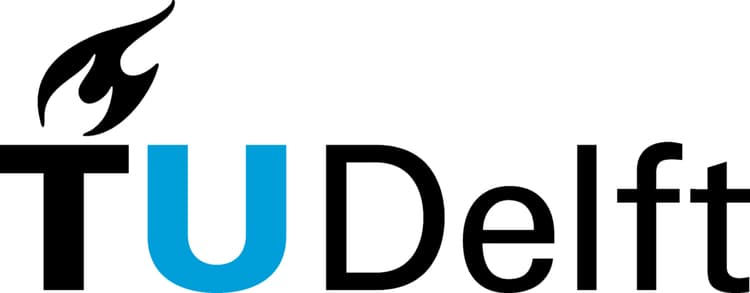PhD Position for Studying in Vitro Single-molecule Transport Across Peroxisome Mimics
The selective control of import and export across membrane-spanning pores is vital for our cells. Typically, the specificity, speed, and directionality of transport are tightly woven into the ordered structure of the pore which is characterized by a limited conformational flexibility. Remarkably, nature also offers a fascinating and unexpected alternative strategy: by lining membrane pores with intrinsically disordered proteins (IDPs) to guard the gap. The best example is the nuclear pore complex (NPC), responsible for all molecular transport in and out of the cell nucleus. These pores exhibit an intriguing selectivity where most proteins are blocked from transport, while particular transport receptor (TR) proteins, can pass to traverse their cargo. A mechanistic understanding of this puzzling selectivity has remained lacking.
The recent discovery of IDP-based pores in peroxisomes that are similarly selective but with a drastically reduced complexity, promises to now uncover, for the first time, general principles of IDP-based transport selectivity.
The aim of this proposal is to resolve the fundamentals of this IDP-mediated selective barrier function. In our biophysics lab we study in vitro reconstitutions of peroxisomes in simple mimics that are made using DNA origami. We study single-molecule transport and measure the nanoscale structure using TEM, AFM, FRET, DIB, etc. We design the amino-acid sequence of the IDPs and TRs de novo from the bottom up and study these in biomimetic nanopores. The approach can be expected to uncover the vital mechanism of selective IDP-mediated transport and thus answer one of the central questions in molecular cell biology. We collaborate with experts in cell biology and MD simulations.
We are looking for outstanding experimentalists that are eager to participate in our research. The group aims at research at the highest international level. Candidates that fit into this environment are invited to apply. Experience in fields such as NPC, peroxisomes, DNA origami, IDPs, biophysics, single-molecule techniques, and optical imaging is welcomed. We foster diversity and female candidates are particularly invited to apply, since the gender balance recently declined with the departure of quite some female postdocs and students. Your cover letter and CV may be internally shared with CDlab group members for review.
Doctoral candidates will be offered a 4-year period of employment in principle, but in the form of 2 employment contracts. An initial 1.5 year contract with an official go/no go progress assessment within 15 months, followed by an additional contract for the remaining 2.5 years assuming everything goes well and performance requirements are met.
Salary and benefits are in accordance with the Collective Labour Agreement for Dutch Universities, increasing from €3059 per month in the first year to €3881 in the fourth year. As a PhD candidate you will be enrolled in the TU Delft Graduate School. The TU Delft Graduate School provides an inspiring research environment with an excellent team of supervisors, academic staff and a mentor. The Doctoral Education Programme is aimed at developing your transferable, discipline-related and research skills.
Whoops! This job is not yet sponsored…
Or, view more options below
View full job details
See the complete job description, requirements, and application process
Express interest in this position
Let Delft University of Technology know you're interested in PhD Position for Studying in Vitro Single-molecule Transport Across Peroxisome Mimics
Get similar job alerts
Receive notifications when similar positions become available







